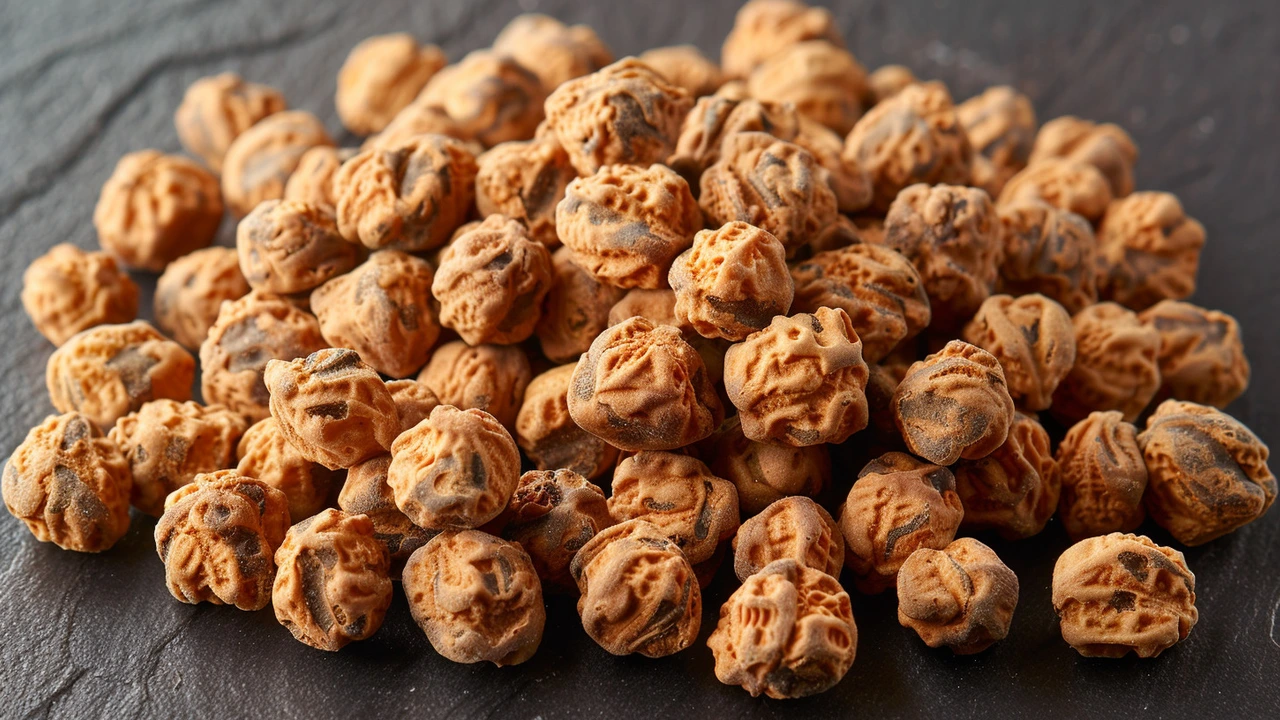Cholera doesn’t just threaten cities—it’s making waves on and around African game farms too. With cases popping up in rural wildlife areas, farm managers and local residents are facing new challenges as the disease spreads through water sources and impacts both people and wildlife.
So what exactly causes a cholera outbreak on game farms? Most of the time, it’s contaminated water. Heavy rains or flooding can wash sewage and bacteria into rivers and ponds, which are often shared by both animals and workers. This makes clean water supplies a top priority not just for humans, but for the whole ecosystem.
Staff at African game farms have to act quickly when cholera is nearby. It’s not just about treating illness—prevention is key. Farms start by testing water sources, setting up basic water purification methods, and educating workers on safe hygiene practices. With so many wild and farmed animals drinking from the same places, reducing contamination means keeping everyone safer.
Cholera can spread fast, so early warning signs like sudden diarrhea or vomiting among people or livestock must be reported right away. This helps health officials get ahead of the problem. Farms now keep lines open to local clinics and even set up community text alerts, giving everyone a fighting chance to act before the disease takes hold.
Wildlife conservation efforts can take a hit during outbreaks. Researchers and rangers are sometimes pulled away from routine tasks to deal with the immediate health risk. Game farms that host tourists—especially those with lodges or safari activities—have to step up screening and sanitation. Nobody wants to turn away visitors, but health comes first.
The upside: game farms are getting better prepared. Mobile handwashing stations, on-site chlorination units for water, and regular health check-ins have become the norm in hotspot regions. Some farms now partner with NGOs to distribute water purification tablets and teach neighboring communities how to recognize and stop cholera early. These steps aren’t just about this outbreak—they build healthy habits for the next time disease threatens the region.
If you’re planning to visit an African game farm, or you live in an affected area, check for updates before you travel. Ask about water safety in advance and follow all local health guidelines. Even something as simple as carrying hand sanitizer or using bottled water can make a real difference.
Want the most reliable updates on the cholera outbreak and its impact on Africa’s game farms? Bookmark African Game Farms Daily News and stay ahead with news on disease prevention, wildlife health, and how communities are coming together to keep farms and reserves safe for everyone.

A recent cholera outbreak in Lagos has been traced back to the consumption of unregistered tiger nut drinks. These beverages, produced and sold by unlicensed vendors, did not meet health and safety standards, leading to contamination and subsequent illness among consumers. This alarming situation underscores the urgent need for strict enforcement of health regulations to protect public health.
Read More >>